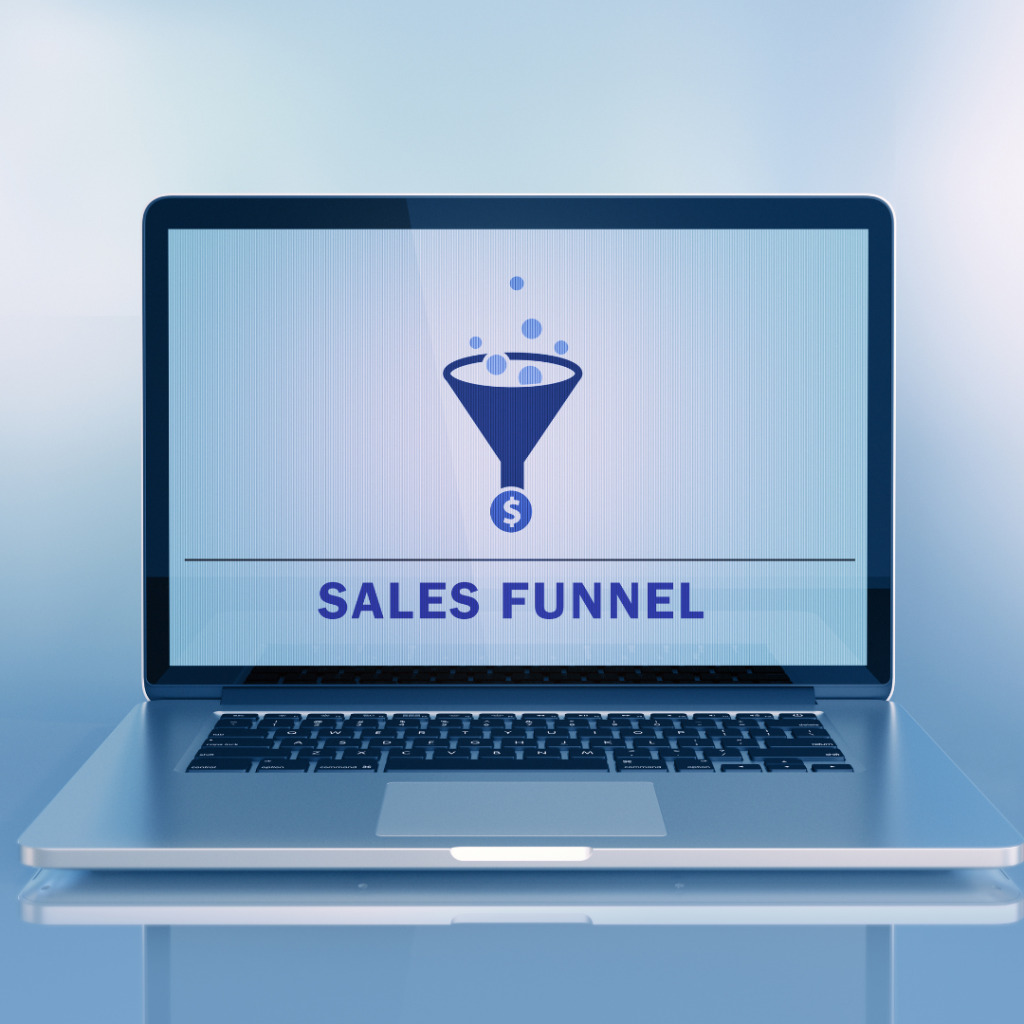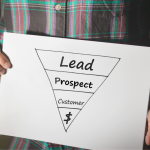To create a successful sales funnel, leveraging the right tools and technology is essential. These tools not only streamline your processes but also help you optimize your funnel for better performance. Here’s a detailed guide to the key tools you’ll need:
Customer Relationship Management (CRM) Software
A CRM system is pivotal for managing your interactions with potential and existing customers. It centralizes your customer data, making it easier to track interactions, manage leads, and streamline your sales processes. Here’s how a CRM can enhance your sales funnel:
- Lead Management: Efficiently track and manage leads as they progress through your funnel, ensuring no opportunity is missed.
- Customer Data: Store comprehensive customer information, allowing for more personalized marketing and sales efforts.
- Pipeline Management: Visualize your sales pipeline to identify stages where leads might be getting stuck or dropping off.
- Automation: Automate repetitive tasks such as follow-up emails, reminders, and data entry, saving time and reducing manual errors.
Popular CRM options include Salesforce, HubSpot, and Zoho CRM. Each offers unique features and pricing plans, so choose one that aligns with your business needs and budget.
Email Marketing Platforms
Email marketing remains one of the most effective ways to nurture leads and guide them through your sales funnel. An email marketing platform enables you to create, send, and track email campaigns efficiently. Key benefits include:
- Segmentation: Divide your audience into specific segments based on behavior, demographics, or engagement to deliver targeted campaigns.
- Automation: Set up automated email sequences tailored to different stages of the funnel, from initial outreach to post-purchase follow-ups.
- Personalization: Use customer data to personalize email content, making your communications more relevant and engaging.
- Analytics: Monitor metrics such as open rates, click-through rates, and conversions to assess campaign performance and make data-driven adjustments.
Popular email marketing platforms include Mailchimp, ActiveCampaign, and ConvertKit. Evaluate their features and pricing to find the best fit for your business.
Analytics Tools
Analytics tools are crucial for measuring and analyzing the performance of your sales funnel. Understanding key metrics allows you to make informed decisions and optimize your funnel effectively. Focus on the following:
- Website Analytics: Use tools like Google Analytics to track visitor behavior, identify traffic sources, and analyze conversion rates.
- Funnel Metrics: Monitor specific funnel metrics such as lead conversion rates, customer acquisition costs, and overall funnel efficiency.
- A/B Testing: Implement A/B testing tools to experiment with different funnel elements (e.g., landing page designs, call-to-action buttons) and determine which versions perform best.
Landing Page Builders
Landing pages are designed to capture leads and guide them toward taking a specific action, such as signing up for a newsletter or making a purchase. A landing page builder allows you to create optimized landing pages without needing advanced technical skills. Look for features like:
- Drag-and-Drop Editor: Easily design and customize landing pages with a user-friendly editor.
- Templates: Choose from pre-designed templates to quickly set up pages that are optimized for conversions.
- A/B Testing: Test different versions of your landing pages to determine which elements drive the most conversions.
Popular landing page builders include Leadpages, Unbounce, and Instapage. Evaluate their features and ease of use to find the right tool for your needs.
Marketing Automation Tools
Marketing automation tools help you streamline and automate your marketing tasks, allowing you to focus on strategy and creative efforts. These tools integrate with your CRM and email marketing platforms to enhance your sales funnel efficiency. Key features include:
- Lead Scoring: Assign scores to leads based on their engagement and behavior to prioritize follow-ups.
- Campaign Automation: Set up automated marketing campaigns that trigger based on user actions or predefined schedules.
- Reporting: Generate detailed reports to analyze the effectiveness of your marketing efforts and identify areas for improvement.
Popular marketing automation tools include HubSpot, Marketo, and Pardot. Choose one that aligns with your business goals and integrates well with your existing systems.
Conclusion
Implementing the right tools and technology is essential for optimizing your sales funnel. By integrating CRM software, email marketing platforms, analytics tools, landing page builders, and marketing automation tools, you can effectively manage interactions, automate processes, track performance, and continuously improve your funnel. Choose tools that fit your business needs, and use them to enhance each stage of your sales funnel, ultimately driving better results and growth for your business.



